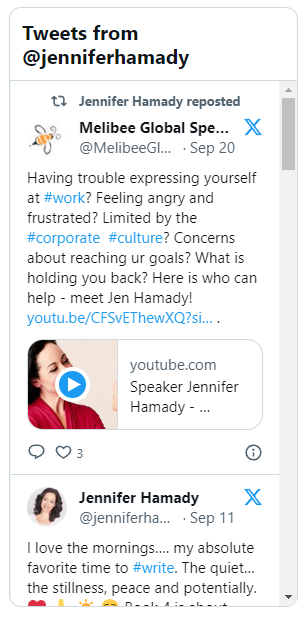I met Bob Levey last month at a book fair we participated in together. A long-time columnist for the Washington Post, Bob recently turned his attention to writing books and is currently finishing up his second. I casually asked him how long the first one took to write and received an astonishing answer:
One week.
We subsequently emailed a few times about his process, with my trying to glean the “how” of his approach so that I could emulate it in working on my next books. Here’s what he recommended:
1. Coffee.
2. Eliminate all distractions. No music, no TV in the background.
3. Work off a rough outline. Just some subject headings and some key phrases. Nothing all that evolved.
4. Coffee.
5. Don’t go back and clean what you’ve written after every sentence or every phrase. Keep forging ahead. Go back and clean only when you’ve reached a logical stopping point.
6. Write at the times of day when you work best. In my case, early mornings are excellent, because it hasn’t occurred to me yet that I might be tired. Never right after a meal. Never after alcohol.
7. Did I mention coffee?
I felt reinvigorated in my own writing by his suggestions, yet still found myself stuck and procrastinating weeks later. So many emails to answer, so many texts coming in, all of that laundry to wash and fold…
Then I received another email from Bob, which illustrated that it’s not the “how” of his approach, but rather his “why,” that makes all of the difference: “I don’t think I possess supernatural powers of concentration. But I do possess a supernatural desire to get my next book finished. That’ll motivate me, every time.”
Certainly, the “how” is important. Having a plan and a structure for achieving our goals is necessary, as is the commitment to taking action toward those ends.
Yet getting from a commitment to action is often the trickiest part and the longest mile. Because it is our fundamental, intrinsic motivation– rather than what we believe that we want—that ultimately guides our actions.
Psychologically speaking, this dynamic is a function of reward theory, which suggests that we choose (or default to) whatever outcome we perceive to be most advantageous, consciously or otherwise.
When it comes to things like crossing the street, the choice is clear. We’ll go to a crosswalk, wait for the light, and look both ways before stepping into the road. Doing otherwise is clearly a foolish and possibly detrimental choice.
But what about when it comes to our internal self-navigation?
As I discuss in my first book, most people would swear they wouldn’t want to be in an unfulfilling marriage or line of work.
Yet, by and large, the choices of men and women in those situations demonstrate otherwise. If we’re choosing, day in and day out, to remain in a marriage and at the same job, we’re choosing these things over what is inherent in the alternatives: bravery. Risking Failure. Change. Uncertainty.
Of course, there are exceptions to every rule. Some are trapped as a matter of experience, not just perception. Yet fear is also a powerful catalyst even in the most seemingly impossible circumstances; fear that hinders, rather than helps us to emancipate ourselves, in mind and reality.
If we writers are afraid of failure, or of losing ourselves to the creative process, then we’ll find any way to sabotage ourselves. Emails need to be answered, and laundry needs to be done? The desk needs to be arranged just so? The day is lost.
On the other hand, if like Bob, we are pulled toward completing a task—if the reward of that accomplishment, that future, is greater than the fear, ego, and pride that whispers, “What if it’s not good enough?”—then nothing will get in our way.
What are you fundamentally committed to? Self-protection or self-expression? Reaching people’s hearts or protecting your own? The exhilaration of leaping into the unknown or avoiding the fear of the fall?
My friend Karen Salmansohn recently wrote about how short life is. So don’t waste it. Let the reward of a life well-lived and dreams achieved occur as a greater opportunity than whatever fears and concerns are standing between you and your achieving them.
It’s worth the risk. It’s worth it all. It’s worth your life. Pour yourself a nice, strong coffee, and get to work.

